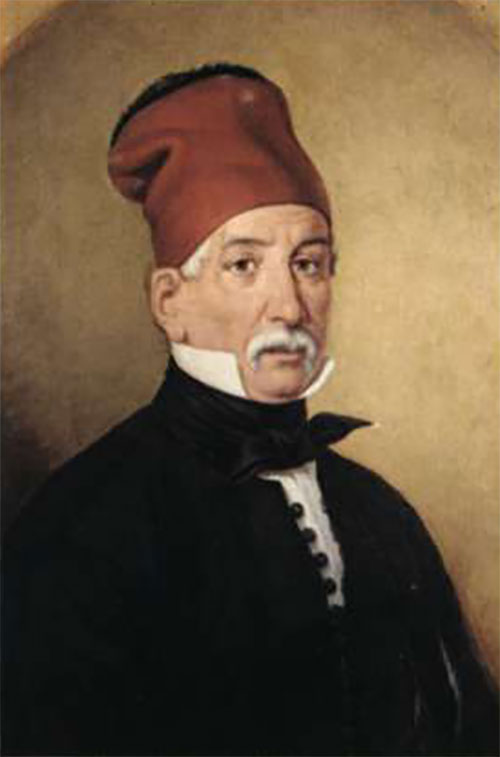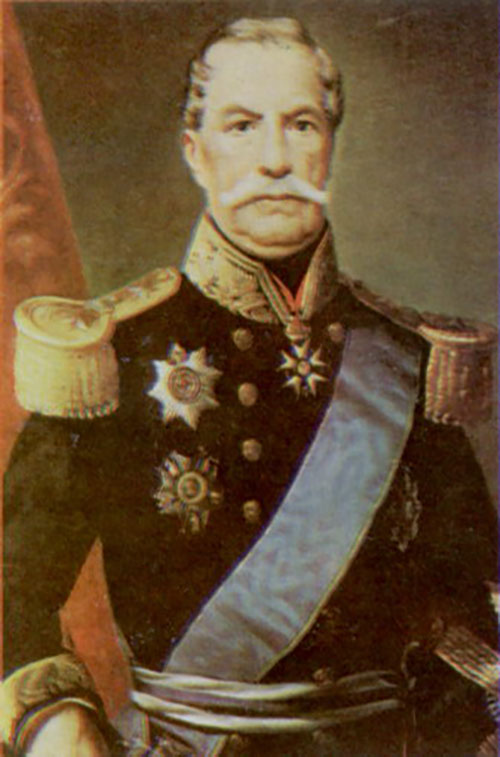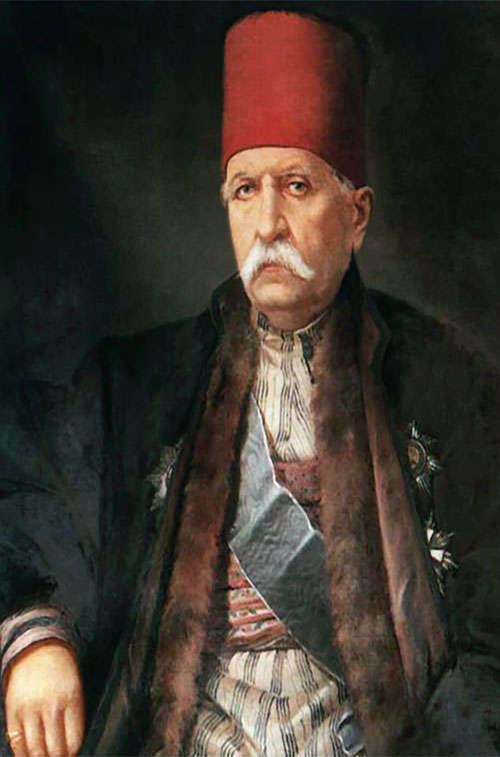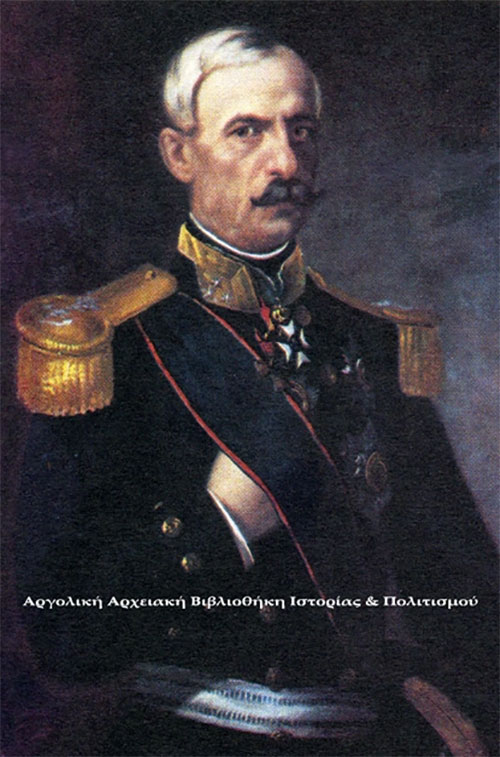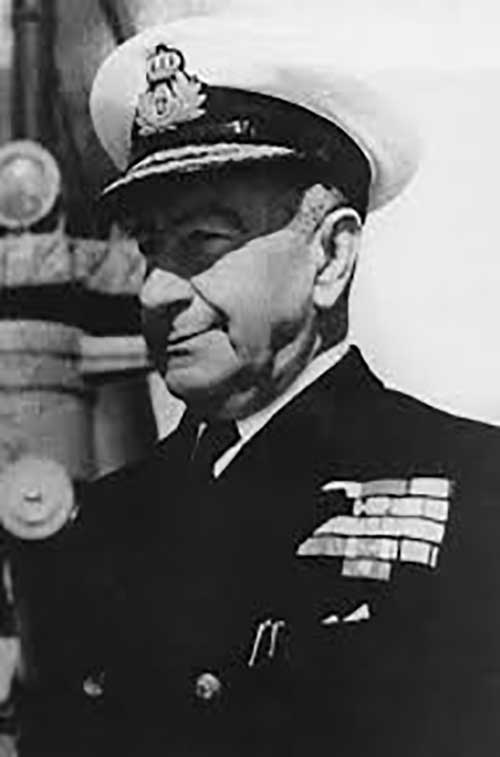After the Liberation begins a long period of decline for Hydra, which, having contributed a lot of money and most of its fleet to the fight, goes through a period of economic depression, for about a century.
The decline of Hydra begins simultaneously with the presence of Otto in Greece, even though Hydra, despite its small size and its intensifying economic decline, gave the political life of the country a President of the Republic, five prime ministers, many ministers (especially in the Ministry Marines).
Georgios Kountouriotis (1782 – 1858), was elected President of the Executive during the Revolution in 1824 and a member of the Panhellenic Council of Kapodistrias, while he later served as a senator, State Councilor and Minister of Marines. He took part in the 4th National Assembly and the 1843 National Assembly. Under Othona, he was appointed in 1848, to the position of Prime Minister and Minister of Marines.
Antonios Kriezis (1796 – 1865), was appointed as Admiral of the Fleet in 1828 by Kapodistrias and under Othonos he was promoted to Vice-Admiral and named Avlarchis. In 1836 he became Minister of Marines in the Armansberg Government and then also Minister of Marines in the Government of Alexander Mavrokordatus in 1841. On December 12, 1849, he succeeded Kanaris as Prime Minister of Greece, until May 16, 1854, and under King George I, he was named honorary aide-de-camp, adviser on Naval Affairs and Rear Admiral.
Dimitrios Voulgaris (1802 – 1877), was prime minister 8 times over a period of 20 years, for a total of 6 years and 1 month. In 1821 he was elected Prokritos of Hydra, in 1825 he was elected Plenipotentiary to the 3rd National Assembly of Epidaurus and in 1829 Plenipotentiary to the 4th National Assembly of Argos. In 1832 he was appointed Minister of Marine, a position he resigned not accepting to demote the fighters of 1821. In 1837 he was elected Mayor of Hydra, remaining in the mayoral position for six years. In 1845 he was appointed Senator and two years later Minister of Marines in the Kolettis government. In the following years, he took over the Ministry of Finance in the Canaris government (1848) from where he resigned. In September 1855 he became Prime Minister and Minister of the Interior, with the government resigning two years later. With the eviction of Othon, Voulgaris formed the revolutionary Government of 1862, which was managed by a Commission (Rufos, Kanaris, Voulgaris) under his presidency. In February 1862, he resigned as Prime Minister, to form a Government again in October of the same year (1863). In 1865 he formed a short-lived Government of three days and in January 1866 he was appointed Prime Minister. In January 1868 he won the election and formed a one-year government. In 1871 he won the election taking over for the seventh time the prime ministership, while in February 1874 he took over the prime ministership for the last time.
Athanasios Miaoulis (1815 – 1867), was elected Member of Parliament in 1855 and became Minister of Marines during the Government of Dimitrios Voulgaris. After the resignation of Dimitrios Voulgaris, he was called by King Othona to replace him. Subsequently, he formed on November 13, a government, which was maintained with various reshuffles until May 1862. In 1859 he resigned and in the elections of the same year was re-elected Prime Minister. In 1860 he resigned and was re-elected in 1861 only to resign permanently in 1862.
Petros Voulgaris (1883 – 1957), on April 8, 1945, assumed the prime ministership of the country, from April 1945 until August 1945 for six months and nine days, trying to bring the political parties to an agreement for elections.
Finally, Pavlos Kountouriotis, later the first President of the Hellenic Republic, in 1886, as Vice-Captain, Governor of the gunboats A and B, achieves his first major naval success. While the Greek army advances towards Arta, it invades the bay of Preveza to hinder any resistance. In February 1897, as Pilot, Governor of the steamship “Alfeios”, he landed the expeditionary force of Colonel Timoleons Vassos at Kolymbari in Chania and in April 1897 at Skala Leptokaryas, during the Greek-Turkish War of 1897.
